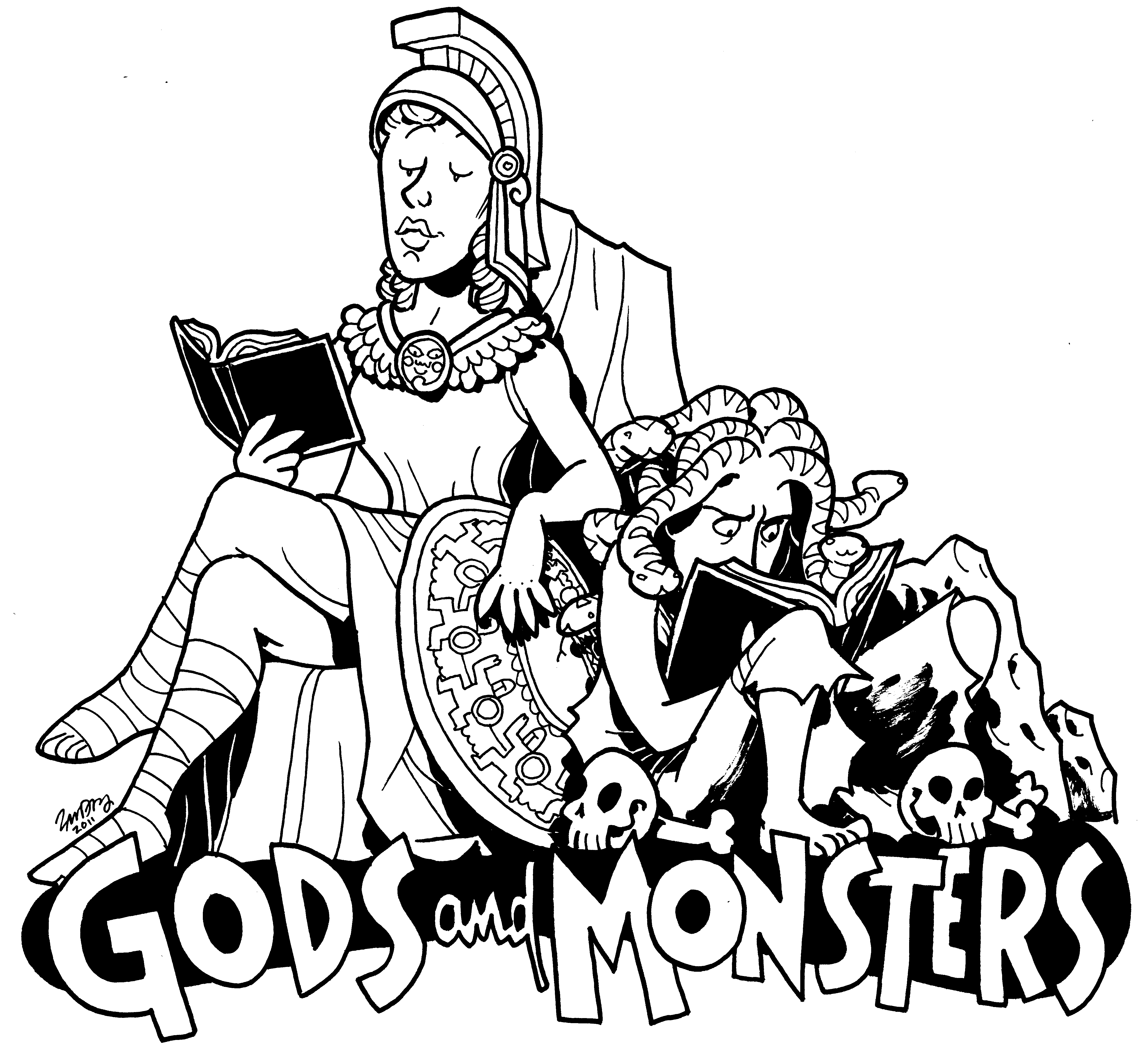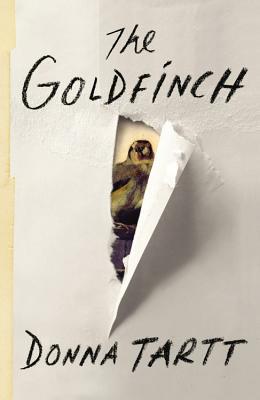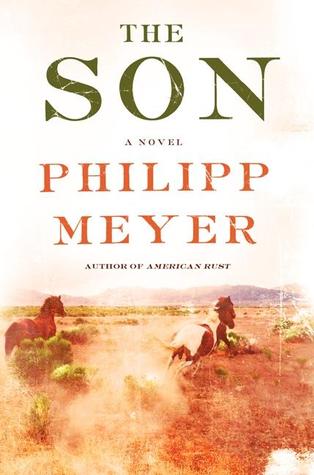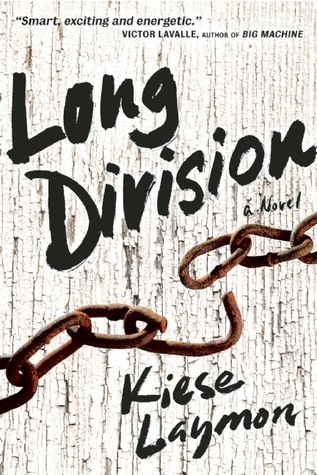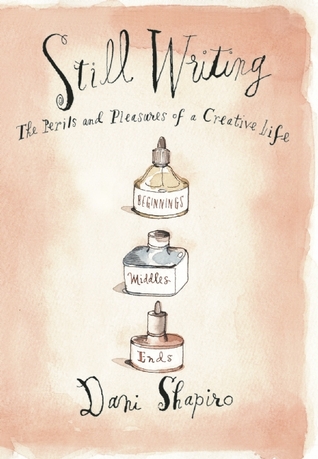
I should not have bought this book, and I did not want to like it. My roof is leaking, my car is groaning, and I do not have money to spend on anything not necessary.
Please, don’t protest that books are always necessary. Books in general, yes, are necessary. Buying books is not. That’s what libraries are for. Books, specifically–especially–ones that are hardcover and full price and on a topic on which I have several unread books at home? This book was not necessary.
But I bought it anyway.
One of my possible epitaphs is “Wasn’t sure it was a good idea, but did it anyway.” That, and “Mistakes were made.” Which is pretty much the same thing.
So why did I buy Still Writing: The Perils and Pleasures of a Creative Life by Dani Shapiro? Out of superstition, and by promising myself I could return it if (when) I didn’t like it. The superstition is because Shapiro is one of the literary mentors in a program I I recently applied to. Or, more accurately, I applied to again. It’s an annual writing competition, and by my conservative estimate, which I could spelunk in my files to verify, though I WILL NOT, I have applied to this program five times before. Maybe more. But that’s even more depressing, so I WILL NOT look it up. (Now. Maybe later.) Every time I’ve applied, I’ve felt confident about my application. And every time, I didn’t even make the first cut, much less the finals. Groucho Marx might say I should stop trying to get into a club that clearly doesn’t want me as a member.
It’s part of the particular madness of writers that we persist in trying, even in the face of continual silence and rejection. There are so many stories out there about writer X who papered his whole house with rejections until the critical acceptance, or writer Y whose manuscript was pulled out of the slush pile. Hope springs eternal. Yet, it has become increasingly difficult to ignore the strong possibility I am not being picked for this program, or published, or whatever, because my writing is just not that good. Not bad, necessarily. But just not THAT good.
This may be true, and it is not a comfortable thing to sit with. If I am able to stop wallowing for a moment, though, the next question arises: so, what? Two possibilities present themselves: quit, or keep trying to be a better writer. Thus far, I’ve always chosen the latter.
Back to why I bought this book. Because I was in a bookstore, because I thought I would read it, not like it, return it, and thus give myself a nice cushion for the disappointing news I’ve heard five times before, that I’m not a good fit, but good luck and keep trying! I was pre-planning my sour grapes.
A strange thing happened when I read Shapio’s book, though. I could not resist it. Her quiet, steady, honest advice on how to write and keep writing, wormed its way into my brain, my heart, my self. I laughed. I recognized the desire, so often postponed, to get to the business of writing. I recognized myself as a writer.
We’re outcasts and loners, more comfortable being out of step than part of a group. If pressed, you’d find that most of us had not pledged sororities or fraternities in college. We don’t tend to be members of clubs…This prickly overly sensitive, socially awkward group of people is my tribe. If you’re a writer, they’re yours as well. (185-6)
I will probably not be accepted into the program. This is not (just) false modesty, or trying to lower my expectations. They get about 200 applications for six spots. The odds are not in my favor. I hoped by reading Shapiro’s works that I would be unimpressed to dull the pain of expected rejection, Instead, I read a book by a writer who feels like she’d be an ideal mentor for the manuscript I’m working on. So it will be all the more painful if I get my annual rejection email. Yet, I don’t need to get into the program to have her as a writing mentor. She’s written this book, two other memoirs, and several novels. There are many paths up the mountain. Her stuff is there to help anyone who reads it, who hears it, as I did. In case it’s not obvious, I’m not going to be returning the book, I’m going to be foisting it on my writer friends, and seeking out her other work. (Though perhaps from the library, for now.)
Will I get rejected again? Probably. But will I stop writing? Not yet. I’ve written this, and am off to work on something else. For now, I want to keep trying to be a better writer.




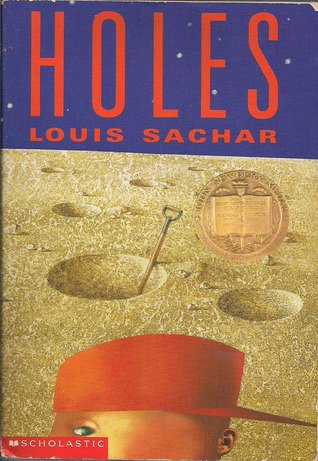

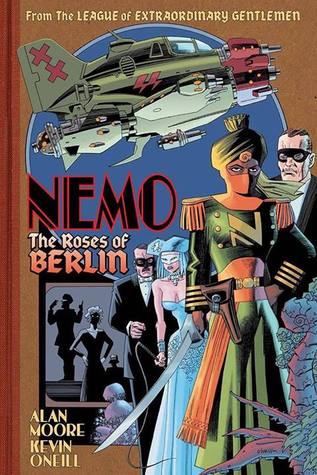


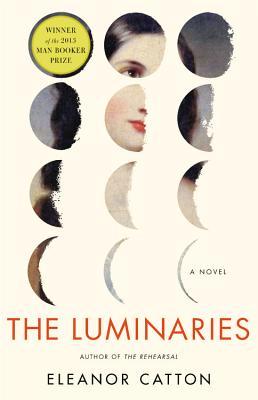

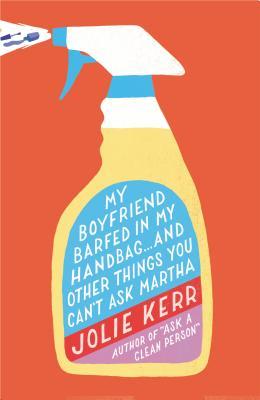 My husband read something on the inter webs about Jolie Kerr’s
My husband read something on the inter webs about Jolie Kerr’s 


